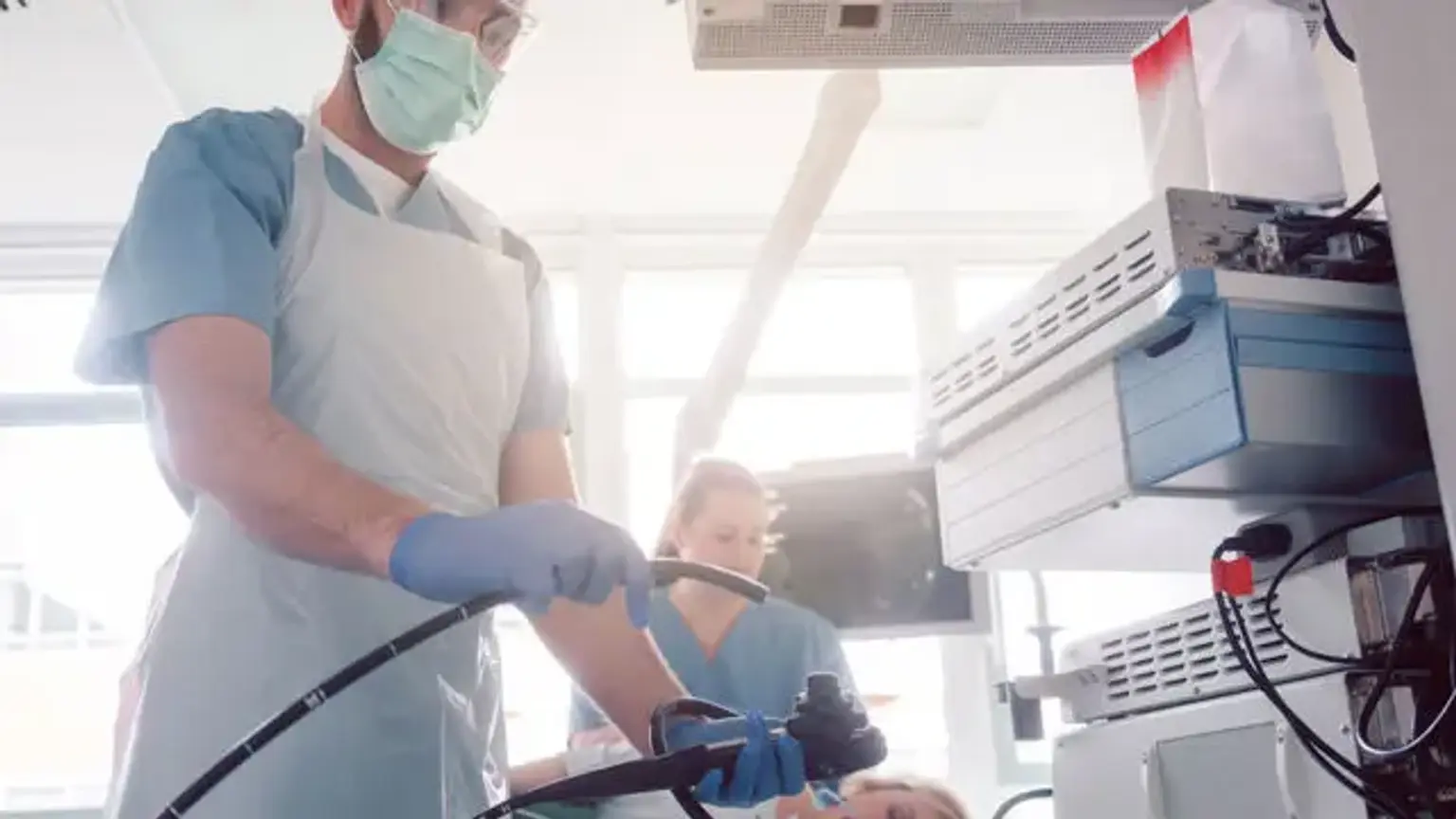Gastroscopy
Due to the high frequency of gastric cancer in South Korea, gastroscopy could be very useful for gastric cancer screening. Gastroscopy is a valuable procedure for diagnosing a variety of upper GI tract problems. For the diagnosis of upper GI tract inflammations, ulcerations, and malignancies, gastroscopy has higher sensitivity and specificity than radiography such as an upper GI barium series. Because gastroscopy is one of the most popular procedures in South Korean clinical practice, beginners, especially primary care doctors, are eager to learn the skills and expertise required for this procedure. It's critical for new gastroscopy practitioners to have a theoretical understanding of pathological GI diseases in order to appropriately evaluate data during endoscopic procedures and make the best therapeutic decision possible. Even those with a thorough theoretical understanding of pathological lesions may wind up doing an incomplete examination if they are unable to correctly introduce the scope into the examinee's mouth or push it along each section of the upper GI tract. Furthermore, it is vital to examine carefully throughout the procedure, taking into account the likelihood of blind spots, in order to avoid missing any problematic lesions. As a result, performing a successful gastroscopy without procedural skills is almost difficult. As a consequence, an early session of endoscopic training programs should focus on upper GI endoscopy procedural skills.
